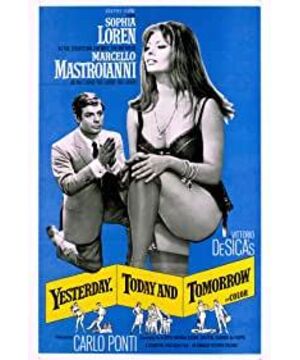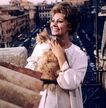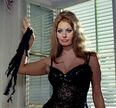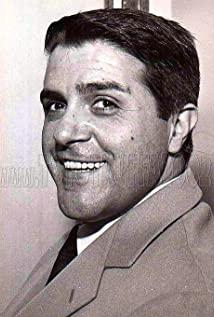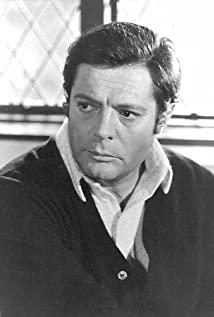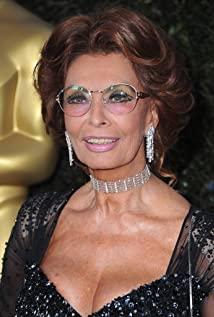There are three stories in this movie. The heroines of the three stories are a self-employed tobacco dealer in Naples, a noblewoman in Milan and a high-end prostitute in Rome, and the heroine is the heroine's husband, lover and client. The common character of the three heroines is pungent and individual, but they come from different classes and are engaged in different occupations. What does Sophia Roland act like [strong] [strong] The straightforwardness and ability of the smoking lady, the loyalty to love, and the nobility of a lady Jiaohan, indifference to feelings, and the kindness, innocence and faith of high-end prostitutes are vividly interpreted. The story itself is amusing and hilarious, thanks to the Italians' overly exaggerated body language, ragged verbal language, and overly romantic character. Sometimes I can't stand Italian movies, because the exaggeration feels like the nonsense of Hong Kong films in the 1990s and the comic sense of Japanese comics. But this is the symbol of the Italians. The people of their country are like this [cover their faces], a bloody, choleric, enthusiastic and unrestrained, good at singing, very happy nation. Sophia Roland is so beautiful, with a radiant beauty, a first-class figure, and a strong role plasticity. [strong] [strong] [strong] The first story tells the story of the poor people struggling to make a living, racking their brains and fighting wits and courage with the police, reflecting that the people of the lower classes are united, love each other, and have many children despite their poverty. The second story is about people in the upper class who are rich and have status, but the husband and wife get together less often, they are empty and lonely, they want love, but they despise people who are lower than her. They are selfish, arrogant and indifferent. The hypocrisy and mask of the society, life is worry-free but not happy. The third story is about a prostitute who is good at seducing people, engaged in dirty things, but has an angel-like heart, and her career is probably out of the misfortune and helplessness of her original family. She believes in God and has principles. If you want to go deeper and connect the three stories together, you will find it ironic and meaningful. . . Material abundance does not necessarily bring spiritual happiness. It may be exchanged for some costs, such as a busy life and no time to spend with family members. Being poor and on the verge of prison is not necessarily unhappy. Family members work hard together and treat each other kindly, and they can also gain family happiness. The noble lady who raised her hands and turned her face and refused to recognize anyone was hypocritical and indifferent, while the low-professional prostitute was kind-hearted and enthusiastic, not willing to close business for a week and keep her promise. There is a strong contrast and irony between each two stories, and the Academy Award for Best Foreign Language deserves its name.
View more about Yesterday, Today and Tomorrow reviews


